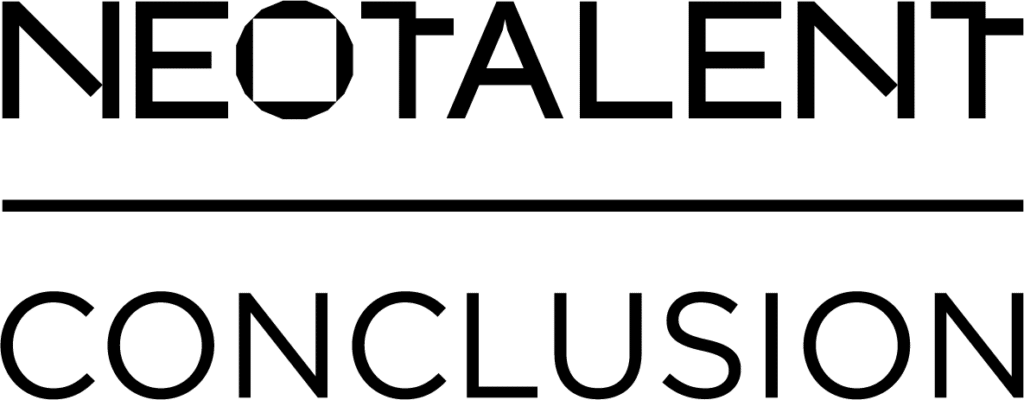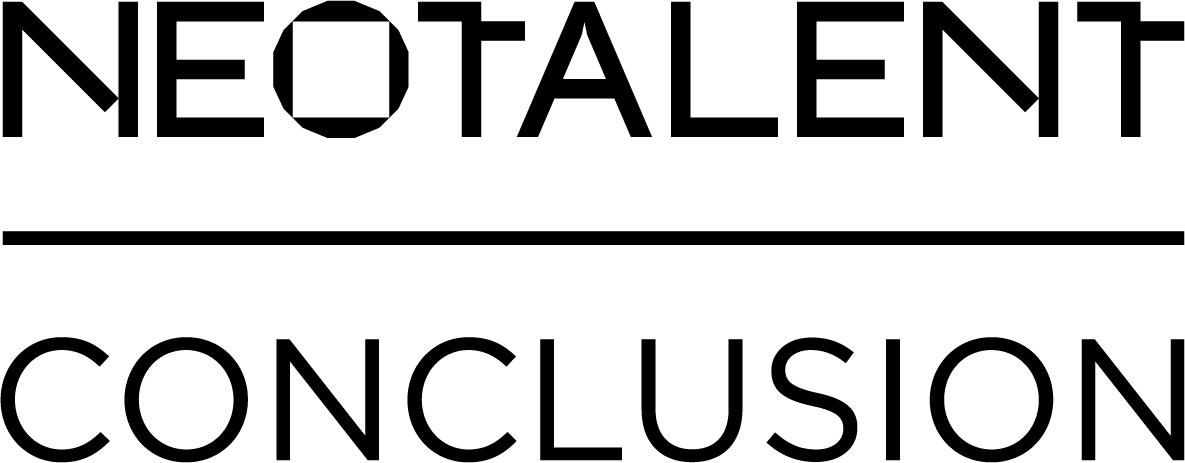The History of Pride
Pride is celebrated in June. The month of diversity.
In June 1969 – exactly 54 years ago – in the United States of America, the LGBT community rebelled against heavy police oppression that limited their rights. This riot took place in the Stonewall bar (New York), which the police had raided that night. The people in the bar refused to identify themselves and cooperate with the police. Tempers flared and violence quickly broke out. Tired of the oppression, the LGBT community then began to show their voice and demonstrate to demand respect for themselves and equal rights. It’s the start of LGBT pride, which continues to be marked in June.
Initially LGBT (Lesbian, Gay, Bisexual and Transgender), the concept has been incorporating new designations to become more inclusive of the plurality of sexual and gender identities. Added Q (Queer), I (Intersex), A (Asexual ) and + (to include all other identities that differ from cis-heteronormativity).
Criminalization and hate speech
After 54 years, 67 countries still criminalize homosexuality – 10 of them with the death penalty. In Portugal, homosexuality was only decriminalized in 1982, after 8 years of a state of democracy, conquered with the “Carnation Revolution”, on April 25, 1974 – the first “cry” for Freedom. The Pride 2023 Report also highlights a 185% increase in anti-LGBTQIA+ messages on social media in Portugal and a 12.05% decrease in supportive messages. In this way, hate speech towards the LGBTQIA+ community has been increasingly frequent, which is why it is important to talk about it.
The (still little) progress
Over the decades, the LGBTQIA+ movement has contributed to strong societal awareness, changes in countries’ legal frameworks and greater safety for the LGBTQIA+ community. Despite progress, there is still much to be done. Even in countries where there are equal rights under the law, discrimination still exists. A study by the University of Porto (2022) indicates that young people from the community continue to be the preferred victims of bullying (including aggression) in Portugal and almost 40% reveal that they keep their identity hidden from their entire family.
Diversity in the world of work and IT
Moving on to the world of work, employment discrimination based on gender identity has been prohibited since 2015. Despite this, another 2020 study by the European project ADIM – Advancing LGBTI Diversity ManagementThe study, on the employment context in Portugal and Spain, in the public and private sectors, reports that 36% of people have heard bad jokes or negative comments about LGBTQIA+ people and 13% indicated that they have witnessed, with some or a lot of frequency, someone being insulted for this reason. The study also found that 54% of LGBTQIA+ people keep themselves invisible at work in order to avoid stereotypes or to miss out on job opportunities and career progression.
It is imperative to talk about this issue. Above all, because we have the right to exist in society and not be forced to keep our identity a secret – whether in the world of work or outside it. It is important to talk about visibility. Indeed, the lack of visibility that still remains. And when talking about visibility, we are not only talking about members of the LGBTQIA+ community who are cis (someone who identifies with the gender they were assigned at birth), we are also talking about those who are not cis, who express themselves in the most varied ways and who are, I believe, the most marginalized subgroup of the community.
In recent years, companies have adapted to these issues by reflecting in their codes of ethics and conduct a range of policies that support and promote diversity and inclusion, as well as safety in the workplace. Unfortunately (and as the study carried out by the European ADIM Project points out), although these policies formally exist in companies, they are not always respected or the necessary mechanisms are not in place to ensure that discrimination is reported in a safe way.
Bullying (of which discrimination is a part) in the workplace poses physiological, psychological and behavioral risks. It translates into anxiety, insomnia, isolation and even burn out, for example. This affects productivity and turnover.
(What could be) A normal working day, for someone from the LGBT community.
On April 25 last year, I wrote a text talking about freedom of expression. On re-reading it, one point still seems essential to me – companies are the mirror of society, and therefore have a key role in achieving freedom of expression. Companies are responsible for ensuring that a safe space exists, where sexual orientation or gender identity does not enter into the equation for selecting a person to work – and should be held accountable when they fail to do so.
I believe that one of the advantages that the flexibilization of remote work has brought is exactly this. The expression of our identity loses relevance to the skills needed to perform a job and the contribution we make to the company. In the IT sector, even more so – I remember when, just a few years ago, being a woman in IT was the exception and today it is increasingly common.
Novabase, a group of which Neotalent is part, is an example of this – it has created a Gender Equality and Diversity Plan, from which I highlight the promotion of the following points:
- Equal opportunities and mutual respect regardless of ethnicity, gender, religion, ideology, social origin or sexual orientation;
- Dignity, integrity and the right to equality and diversity of our employees;
- Equality and inclusion in access to employment;
- Growth for all.
There is another detail that also makes a difference. In 2021 (if memory serves), Novabase made available the book “The Long Road to Equality – Women and Men in the 21st Century” (Text by Ana Maria Magalhães and Isabel Alçada). Although not directly about the LGBTQIA+ community, it is another example of promoting equality in the workplace – a recommended read.
Being different is now recognized and – positively! Companies know that greater diversity in the workplace is healthy and that inclusion should not be a questionable thing. I recognize, however, that the road is still long and that my reality is not the reality of the entire working world – but we will get there.
And that’s how I feel about working at Neotalent: it’s a safe space where my ideas are discussed and my skills are valued. Without questioning how I choose to express myself.
Where are we heading?
I want to believe (and hope) that the future will treat us better than the past. There are small details we can do that make all the difference. Treat people with respect, regardless of their identity. Treat the person according to how they identify socially. Use inclusive language. Do not question. Treat it naturally.
At the end of the day, we are just people and from an early age we are taught the values to respect and understand those around us, regardless of differences. After all, my sexual and gender identity does not change my skills, right?
Pedro Miguel Carola
Business Support Consultant
Interested in economics, politics and psychology. I believe that the world will always be a better place and that we have a duty and a right to participate in change. I enjoy discussing various subjects and am fascinated by learning more. I feel that working as a team makes us go further.





